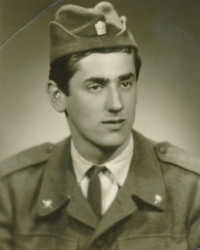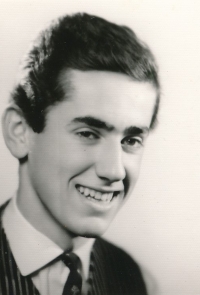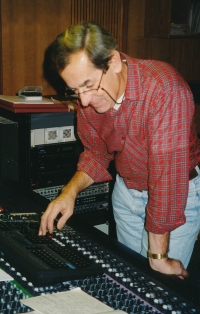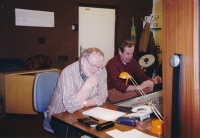In August 1968, I was helping out in the army radio office
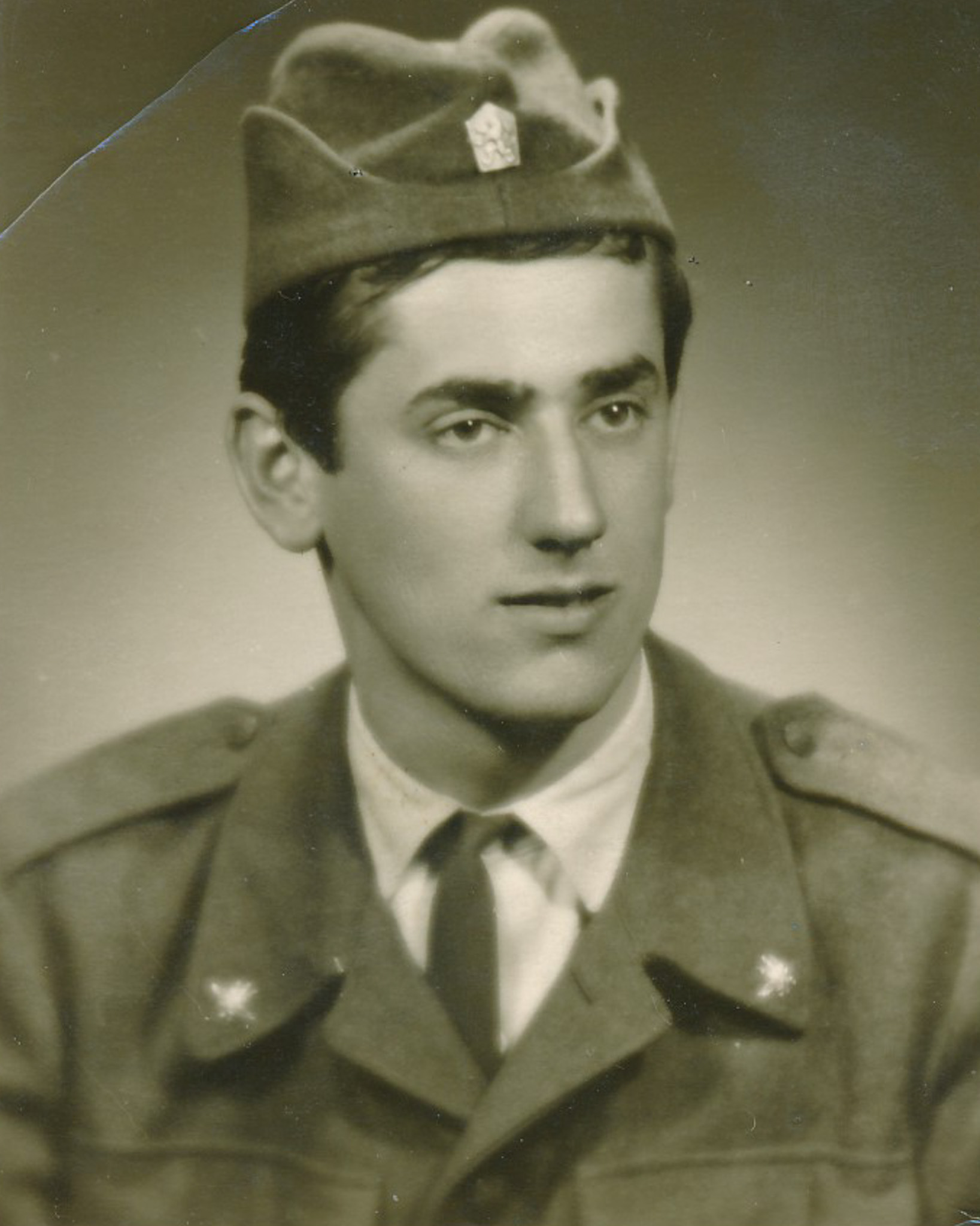
Stáhnout obrázek
Miloš Kot was born on 8 June 1945 in Prague into a family of tailors. His parents had a tailor‘s shop in Libeň, but the communists closed it after the February coup. Miloš Kot got into the Industrial School of Connection Technology after the appeal. After graduating in 1964, he joined Czechoslovak Radio as a recording technician. He worked on live broadcasts and classical music recordings, and got to work on the legendary Vinárna U Pavouka programme. In August 1968, he worked on the occupation broadcast from the army editorial office. After the occupation, he passed the background checks and remained working in radio. In the 1970s he became a sound engineer and participated in the recording of spoken word. He also worked on live broadcasts of the Spartakiads. After 1989, he worked on the radio series The Tlučhořovi. Instead of enjoying his well-deserved retirement, he records audiobooks. In 2024 he was living in Prague.
